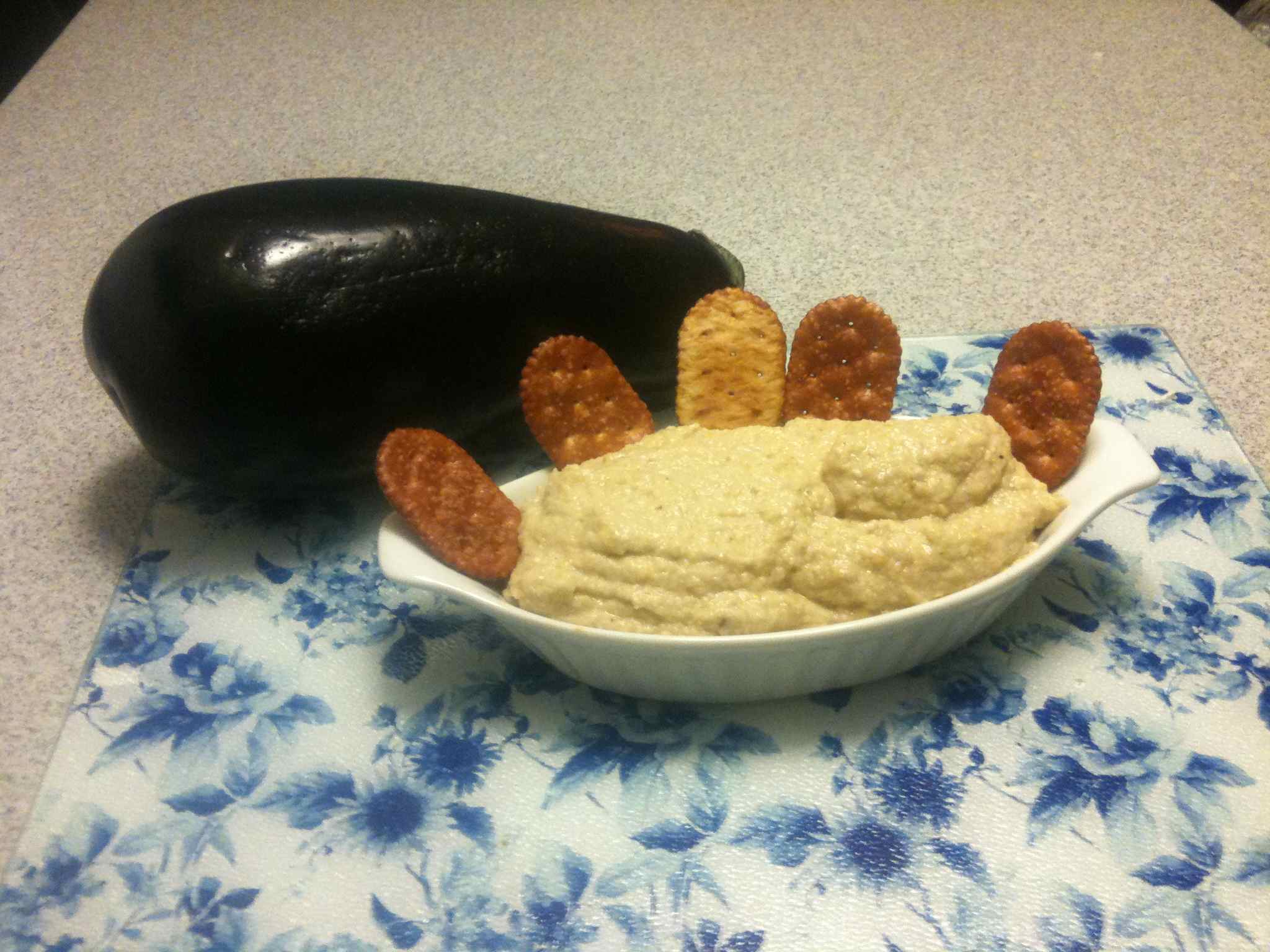
By William W. Lawrence Sr.
He did not want to be a warrior.
Abd-el-Kader was a peaceful scholar. He was enjoying a life of religious meditation. He was an Arab of Algeria and his name meant "servant of the mighty God."
In 1833, at 26, he was forced to leave his studies to lead his people against the French invaders. He was a handsome young man blessed with a strong body. He was bright, extremely well educated and very courageous.
As a sultan, he would show up in the isolated Atlas Mountains or deep in the Sahara Desert to rally his countrymen. He formed a small army and became a brilliant general. When the French enemy prepared for an attack in the rear, his cavalry would sweep in for a frontal assault. Abd-el-Kader, riding a black Arabian steed would lead the charge.
The Algerian tribes used to kill their prisoners, but Abd-el-Kader would have nothing to do with such actions. Instead, he treated his prisoners as guests, giving them food, money and clothes.
His troops once sent him a group of captured women. He angrily exclaimed, "Lions attack the strong, while jackals prey upon the weak." He immediately released the women.
Abd-el-Kader fought hard and well for 14 years, but France had unlimited resources. Near the end, 100,000 trained French troops were tracking the Arab sultan.
His men were living on acorns. Once a stray sheep was taken to his tent.
"Give it to my men," he said. They are starving."
Abd-el-Kader, while munching an acorn, would think back to the days when he had the choice of anything he wanted set before him. He hungered for the grilled beef, shrimp and vegetables roasted to perfection as shish ka bobs on a grill.
And he thought of his favorite dish, baba ghanoush. Simple, plain, delicious baba ghanoush.
Even at the end, when Abd-el-Kader wandered almost alone, his name was enough to keep a large French army in Algeria. Finally, in 1847, the courageous sultan agreed to surrender if he and his family would be allowed to live free in Alexandria, Egypt. The French agreed, then immediately broke the promise. He was sent to France as a prisoner. In 1852, Louis Napoleon allowed him to go free. Abd-el-Kader was living in Damascus in 1860 when a Turkish mob rose against the Christians there. Abd-el-Kader recruited a small band of Algerian soldiers and intervened to save the lives of 15,000 people.
He was indeed a servant of the mighty God.
Abl-el Kader made his shish kabobs on a simple charcoal grill. He placed his beef and vegetables -- a medium onion, a sweet red pepper, and tomatos on the skewer. He grilled and turned them until they were done.
Baba Ghanoush means in Arabic "father of seduction" hence is often credited to a slave girl in a sheik's haaram. It's a simple dish, though, based on eggplant and sesame seed. Here is a well-tested modernized recipe.
2 eggplants (medium size to large)
1/2 Cup of tahini
1/2 Cup of lemon juice
4 Tbls of garlic powder
4 Tbls of sesame seeds
3 Tbls of olive oil
salt and pepper to taste
Smear vegetable oil on the eggplants and grill grates. Poke holes in the eggplants with a fork. Cook on the grill with the cover down at 400 degree F for about 40 minutes, occasionally turning the eggplants. It's really hard to cook them too long. Take the eggplants off and put them in a pot of cold water. Remove the skin, which by the way, is rather tasty in itself off the grill. Put the insides in a bowl and combine it with the tahini, lemon juice, garlic powder, sesame seeds and salt and pepper. Mash them up, then puree them in a blender or Cusinart. Add the olive oil, let chill for two hours and enjoy with crackers or chips.
Copyright 2009, 2010, 2011, 2012 © BillLawrenceOnline.com